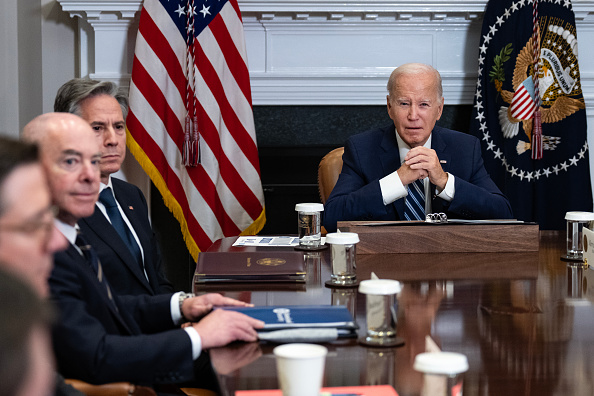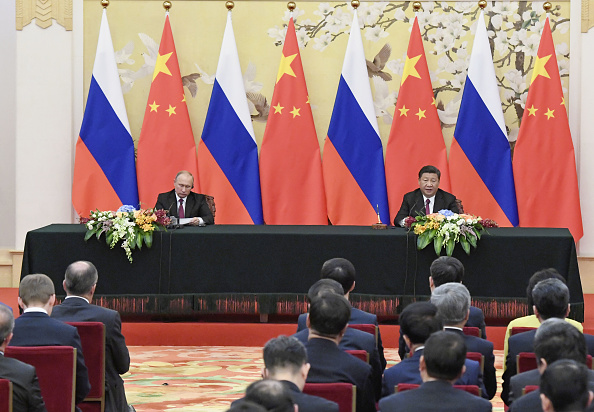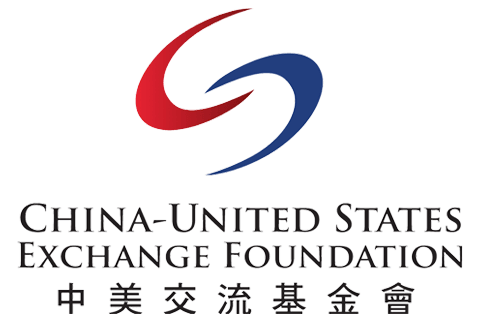
Dear Focus Reader,
TikTok is once again facing scrutiny in Washington due to its alleged ties to the Chinese government, the latest in a series of measures taken by the U.S. citing national security concerns and adding further strain onto the already tense relationship between the two countries.
Earlier this week, U.S. lawmakers passed a bill that would pressure TikTok's Chinese parent company, ByteDance, to either sell the app or risk being banned in the United States. However, Senate Majority Leader Chuck Schumer has indicated that the Senate may be slow to consider the bill, likely in efforts to prevent it from becoming a hot button issue around this year's U.S. elections.
The app's connection to China continues to stoke worries surrounding national security in the U.S., and specifically fears that China could exploit it to interfere with American elections or access personal data of U.S. users.
With these shared concerns, the bill has garnered largely bipartisan support, including from President Joe Biden, who has indicated his intention to sign it into law if it passes in the Senate in addition to the House of Representatives (although, notably, former President Donald Trump came out against the legislation this week, despite supporting a similar divestment of TikTok during his Presidency). In response, China's Ministry of Foreign Affairs has cited the treatment of TikTok as evidence of the United States' "double standards" in protecting freedom of speech.
The bill follows a series of U.S. export controls on China and restrictions on semiconductors and technology in efforts to protect national security. Though the Chinese Ministry of Commerce says the U.S. is "overstretching the concept of national security, abusing export control measures," and that the controls "severely damage market rules and international economic and trade order."
Stay up to date on the latest in China-U.S. relations by catching up on our latest Focus content, including topics on U.S. elections, China's role in the Russia-Ukraine war, and China-U.S. science exchanges.
"One silver lining from the increasingly turbulent geopolitical seascape is that small island states now drive harder bargains. They have a greater appreciation of their worth, understand that rival powers may not have their best interests in mind and know that only they can chart their future."
56% of surveyed economists for the World Economic Forum's "Chief Economists Outlook for 2024" expect the global economy to weaken over the next year.
Learn more in "Building Trust Remains Critical in Era of Intensifying Geoeconomics" by Curtis S. Chin, Former U.S. Ambassador to Asian Development Bank, and Sudarshan Ramabadran, Policy Specialist, Author, and International Communications & Public Diplomacy Professional.
Wei Ying | Women@WEF
Watch VideoDuozhuayu is a second-hand trading company that has over 10 million young users in China. Founder Wei Ying shares her story with The China Current at The World Economic Forum.
In our Focus Insights section, we shared an interview with Myron Brilliant, senior counselor at Dentons Global Advisors-ASG, where he discusses ways to enhance economic stability and increase cooperation between China and the U.S.
We want to hear from you:
What are your thoughts on the challenges and opportunities faced by businesses and investors in the evolving U.S.-China relationship?
Submit your thoughts to USeditor@chinausfocus.com for a chance to be featured in next week's Focus This Week.
useditor@chinausfocus.com for more info.
Prepared by China-US Focus editorial teams in Hong Kong and New York, this weekly newsletter offers you snap shots of latest trends and developments emerging from China and the U.S. every week. It is a community space to exchange thoughts and ideas about the China-U.S. relationship and beyond.
- 2024-03-08 Focus This Week: Setting Targets
- 2024-03-01 Focus This Week: Policy Preparations
- 2024-02-23 Focus This Week: Seeking Momentum
- 2024-02-16 Focus This Week: Global Security
- 2024-02-09 Focus This Week: Economic Hits
- 2024-02-02 Focus This Week: Working Groups
- 2024-01-26 Focus This Week: Laying the Groundwork
- 2024-01-19 Focus This Week: A Charm Offensive
- 2024-01-12 Focus This Week: Global Impacts
- 2024-01-05 Focus This Week: New Prospects
- 2023-12-21 Focus This Week: Ending on a High Note
- 2023-12-15 Focus This Week: Economic Review
- 2023-12-08 Focus This Week: Climate Talks
- 2023-12-01 Focus This Week: Looking Forward
- 2023-11-22 Focus This Week: A Temporary Ceasefire
- 2023-11-17 Focus This Week: An Anticipated Meeting
- 2023-11-11 Focus This Week: Change and Progress
- 2023-11-03 Focus This Week: Anticipating APEC
- 2023-10-27 Focus This Week: Diplomatic Strides
- 2023-10-20 Focus This Week: De-escalation




